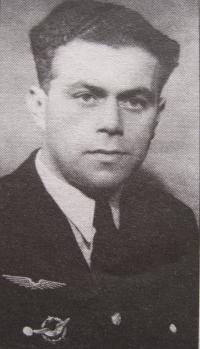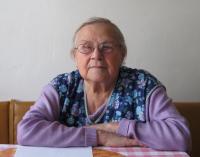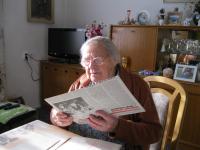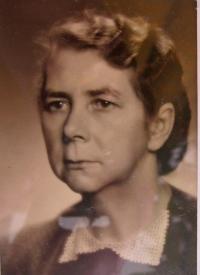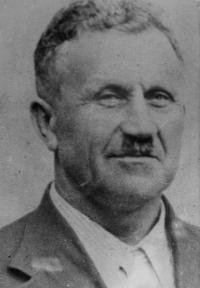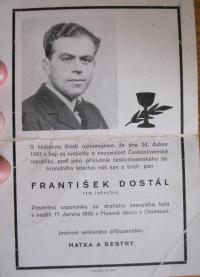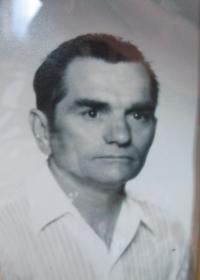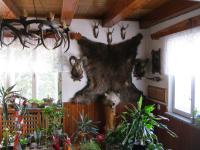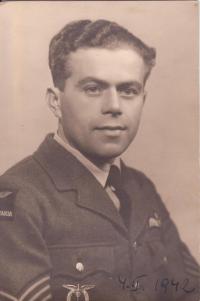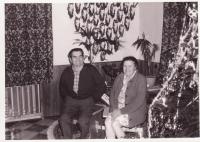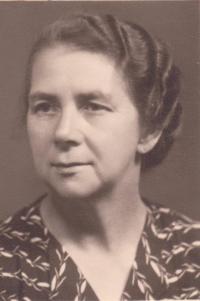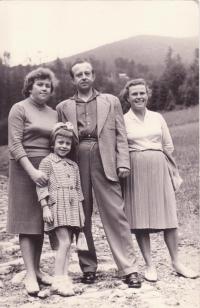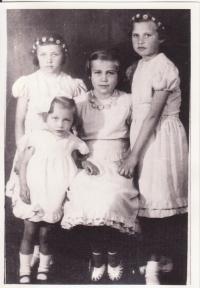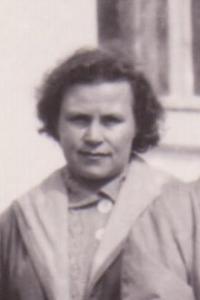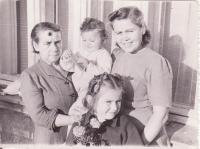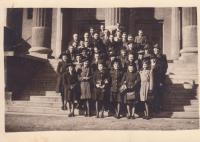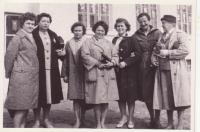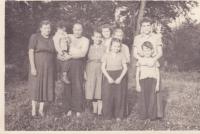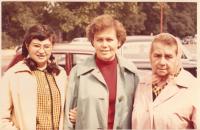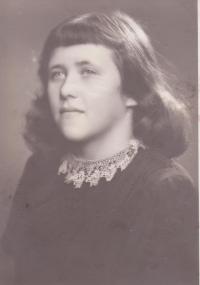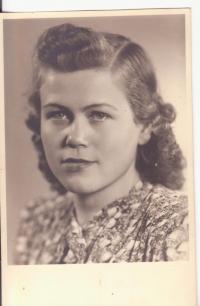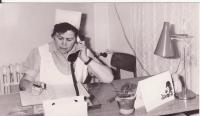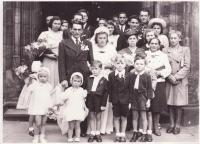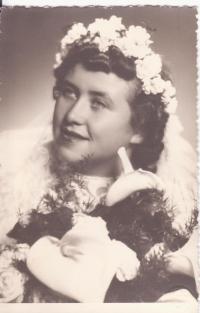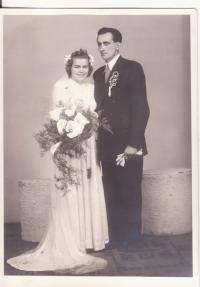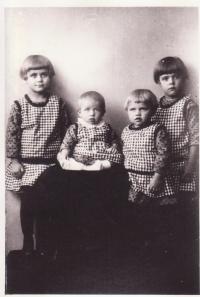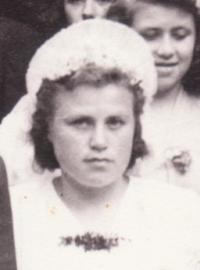My brother died in England, my father in Auschwitz and the rest of the family was held in an internment camp in Svatobořice.

Download image
Libuše Hiemerová, née Dostálová, was born in 1925 in Olomouc. Her brother, František Dostál, fled after the occupation by the Nazis to England. He became a pilot of the 311th Czechoslovak bomber squadron but was killed during a training flight on April 24, 1943. After the assassination of Heydrich, his parents and sisters, Drahoslava and Libuše, were arrested and imprisoned in the course of, so-called, Operation E (Emigranten). Mrs. Hiemerová, her sister Drahoslava, and her mother Josefa were held captive in the internment camp Svatobořice, while her father Alois was taken to Brno and subsequently sent to Auschwitz where he died on February 25, 1943. Libuše Hiemerová stayed in Svatobořice till January 1943 when she was released because of pleurisy. Her mother and sister stayed in the camp till the end of the war. They found out about the death of František after the end of the war. They also learned that he had married an English woman and had a daughter in England. They united with his family after the war. Unfortunately, after the Communist takeover of power, František’s wife and daughter quickly left Czechoslovakia, and all contact between them and František’s family was thereafter interrupted. Today, the family has no news of their whereabouts. Mrs. Libuše married Josef Hiemer shortly after the war and, because her husband worked as a wood ranger, the family moved frequently. Finally, they settled in Velký Újezd, where they still live today.
